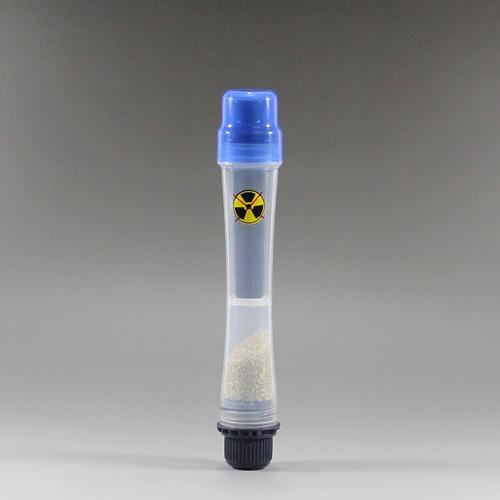 Radon is a gas that is released when rocks and soil containing thorium or uranium decay. These two radioactive elements are found in tiny amounts everywhere in the United States, and the radon gas that they release has neither taste nor odor. Most homes contain some radon gas, it is nearly inevitable, but it is radon’s concentration in the air that can cause problems. Radon is considered to be the second greatest cause of lung cancer, which means that people who have never smoked a cigarette in their lives are also susceptible to this disease. You may well be wondering why radon has anything to do with water at all, since it’s a gas, not a fluid or particulate solid, but radon can cause problems with water, too. Because radon is constantly being released, some of it will inevitably find its way into water. If you get your water from an ‘open’ water source, such as municipal water from reservoirs, lakes, rivers, or streams, there will be no radon problem. Open surface water simply allows the radon to be released harmlessly into the atmosphere.
Radon is a gas that is released when rocks and soil containing thorium or uranium decay. These two radioactive elements are found in tiny amounts everywhere in the United States, and the radon gas that they release has neither taste nor odor. Most homes contain some radon gas, it is nearly inevitable, but it is radon’s concentration in the air that can cause problems. Radon is considered to be the second greatest cause of lung cancer, which means that people who have never smoked a cigarette in their lives are also susceptible to this disease. You may well be wondering why radon has anything to do with water at all, since it’s a gas, not a fluid or particulate solid, but radon can cause problems with water, too. Because radon is constantly being released, some of it will inevitably find its way into water. If you get your water from an ‘open’ water source, such as municipal water from reservoirs, lakes, rivers, or streams, there will be no radon problem. Open surface water simply allows the radon to be released harmlessly into the atmosphere.
Those who have well water, however, could be facing a radon problem. Because well water has been confined beneath the ground, there has been no way for radon to off gas – that is not until it reaches your taps. As soon as you turn on the kitchen or bathroom taps, you are introducing radon into your home. Radon gas will leave the confines of the water and circulate throughout your home, exposing you and your family to possibly serious health effects. Most of the health problems caused by radon are long in developing, which can leave you unaware that you even have a problem at all.
Getting Rid of Radon
As about 15% of American households depend upon well water, about 50 million people are being exposed every day to dangerous radon gas from their drinking, cooking, and bathing water. However, there are ways to deal with radon gas so that it will be trapped and prevented from entering the home air supply.
Water filters are the answer to radon off gassing in homes. Granulated activated charcoal is a magnet for radon and passing your drinking water through charcoal will render your home safe from radon gas. The most effective carbon filters will, of course, be whole house filters which will prevent radon from being released anywhere in the home. The filters must be changed periodically to keep them effective.
Undersink or countertop filters that attach directly to the faucet are also very good at removing radon. If you want to prevent any radon from entering your home, always keep the unit filtering water, rather than using the diverter switch. It would be far better to change the filters more frequently than to allow the release of radon into your living space.


Share:
Camping Water Filters for Safe Drinking Water
How to Filter Salmonella in Your Drinking Water